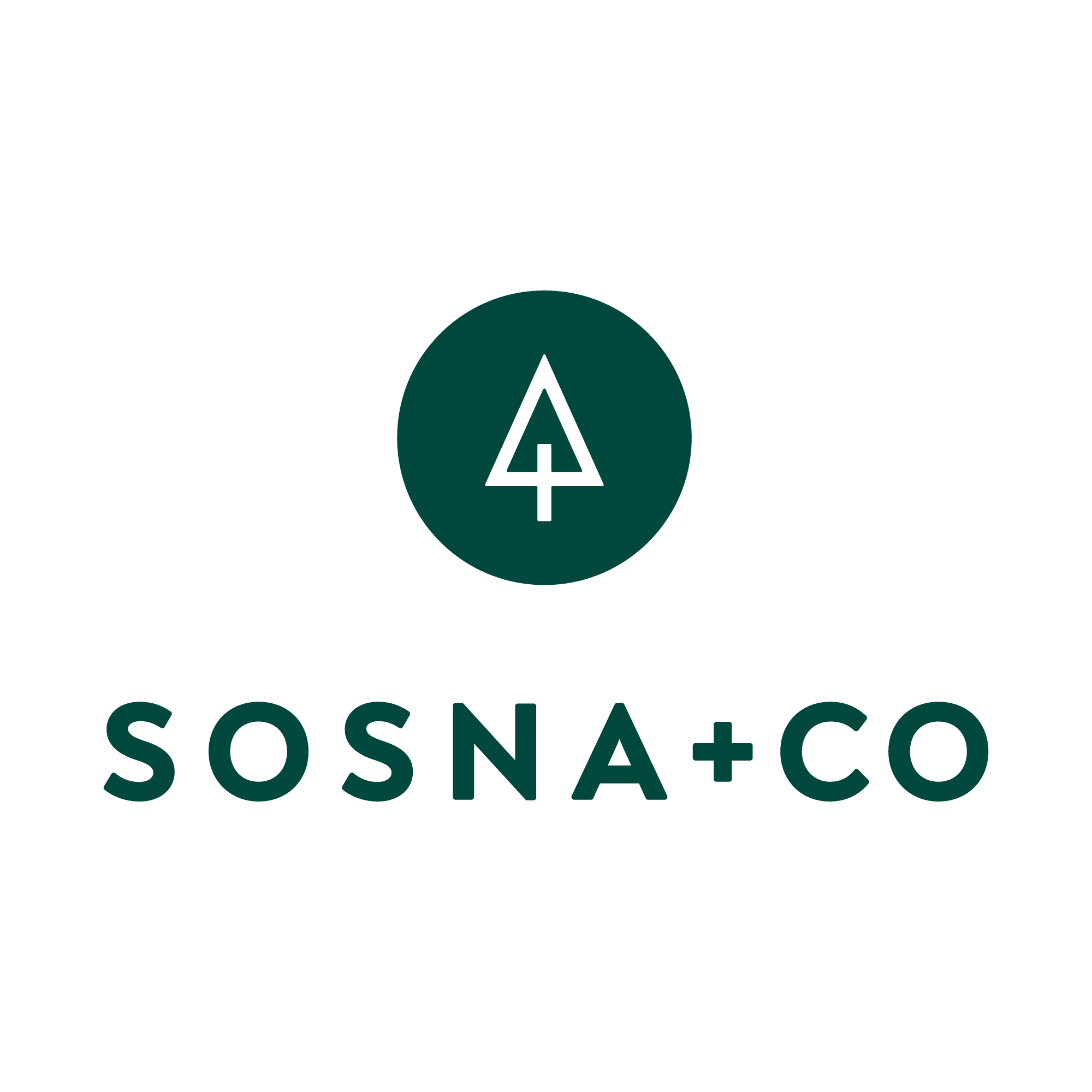Track These 7 KPIs to Measure Your Business Development Success
In a previous post, we shared a detailed, step-by-step guide on how to properly align marketing and business development for better results. Once you’re clear on the reasons for this strategy, the next step is learning how to measure performance.
Because if you’re not able to track your success using real numbers, it becomes difficult (or impossible) to determine whether your efforts are working.
Read on to learn the 7 Key Performance Indicators (KPIs) you should use to measure your business development success in your life science business.
Establish Shared Goals and Reporting Between Marketing & BD Teams
BD and marketing are two essential functions of any business, and it's crucial to ensure they work together seamlessly towards shared objectives. One of the key factors in achieving this is to establish shared goals and reporting metrics.
Although specific KPIs may differ (for example, website traffic may be more important from a marketing standpoint than BD), but generally there will be a lot of overlap between the two.
For example, let's say you want to determine the effectiveness of a particular trade show. In such cases, you can track and report on metrics such as brand awareness, total leads (sometimes known as “unqualified”), marketing qualified leads, sales qualified leads, deals closed/won, and revenue generated.
Which KPIs Should You Track for BD Success?
Below are 7 KPIs worth tracking to support your business development efforts and outreach strategy, and determine the health of your BD pipeline:
Target list size and pipeline growth: The number of new leads and prospects in the business development pipeline. The larger the pipeline/funnel, the greater the potential for new business.
Revenue generated: This is one of the most important KPIs for measuring business development performance (for obvious reasons). It tracks the total amount of revenue generated from new business opportunities.
Conversion rate: The percentage of leads that convert into paying customers. A higher conversion rate indicates that business development efforts are effective.
Customer acquisition cost (CAC): The cost of acquiring a new customer. Lower CAC indicates that business development efforts are efficient, which is useful when you need to make comparisons between different campaigns.
Time to close a deal: The average time it takes to close a new business deal. A shorter time to close indicates that the business development process is effective and efficient, though in the life sciences it’s important to recognize that our sales cycles can be very lengthy – 12-18 months isn’t uncommon! See point below…
Sales cycle length: The length of time it takes from initial contact to closing a deal. A shorter sales cycle length indicates that the business development process is efficient and effective. But again, there are caveats to this in sectors like pharmaceuticals, animal health, biotech, and other life sciences areas where longer sales cycles are the norm.
Customer lifetime value (CLV): The total revenue generated by a customer over their lifetime of working together. A higher CLV indicates that business development efforts are effective in creating long-term customer relationships – and value over the long term.
Leverage Your CRM for Full Transparency
It's important to note here that the lines between BD and marketing can often be blurred. While marketing is primarily responsible for brand awareness, a sales rep's networking activities and the resulting awareness gained from it can also count towards this metric.
One way to ensure this is to use a CRM (Customer Relationship Management) system such as HubSpot that can help track and attribute leads to their source, identify touchpoints that influenced the resulting deal or transaction, and credit the business development rep that closed the deal.
Conclusion
Overall, establishing shared goals and reporting metrics, then tracking the appropriate KPIs, is an essential step of any business development process. The more aligned marketing and BD can be, and the better able you are to track the metrics using your CRM, the more successful your organization will be.
—
Sosna + Co is a boutique, outsourced business development partner for the life sciences. From M&A advisory and licensing deals with Fortune 500 companies to uncovering the potential of savvy, new start-ups, the principle is simple: we work meticulously to uncover new opportunities that grow your business. Contact us today to learn more.

